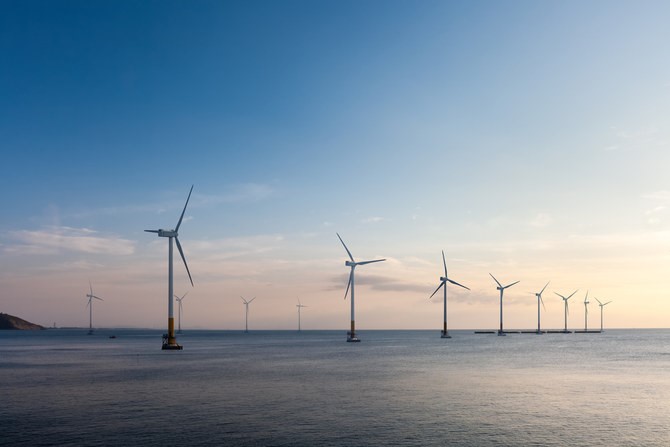RIYADH: Despite the widespread global drive to cut carbon dioxide emissions and achieve net-zero targets, the energy transition is more challenging than previously imagined, according to a recent analysis issued by the International Energy Forum.
Several issues, including energy security and affordability, are impeding the transition movement, which is crucial for the planet’s health, according to the announcement, which was in partnership with S&P Global Commodity Insights.
“Progress over the last two years shows that the energy transition is more complicated than previously thought.” While the transition continues, “expectations of a linear global transition have been shaken as climate goals compete with priorities around energy security, access, and affordability,” according to the IEF research.
According to IEF Secretary-General Joseph McMonigle in an interview with Arab News, the energy shift has been ongoing since the 18th century. Nonetheless, the latest adjustment is very different from past ones.
“Energy transitions have been taking place since 1709, but this one is unique.” We have pledged to eliminate CO2 emissions in 25 years. “It is a massive undertaking to transition a $100 trillion global economy to a decarbonized energy system in 25 years,” McMonigle said.
Rising energy prices caused by geopolitical conflicts, such as the Ukraine invasion, have also had a significant influence in diminishing public support for policies enabling a low-carbon future, according to the paper.
“The risks have significantly increased that high energy costs will undermine public support and acceptance for policies and investments to enable the transition to a low-carbon economy,” the IEF said in the report.
According to McMonigle, the recent energy crisis highlights the necessity for a multi-dimensional approach that is inclusive of varied situations in different regions of the world and egalitarian.
According to the report, the creation of a new north-south split — or the economic disparity between wealthy Northern Hemisphere countries and developing Southern countries — has sparked an increasingly heated discussion about the cost and timing of the energy transition.
“There is widespread recognition that the path to net zero will have to pass through the Global South, and thus it is in everyone’s best interest to collaborate and cooperate to achieve the shared goals,” McMonigle noted.
According to the paper, the trilemma of energy security, affordability, and sustainability is considerably different in Africa, Asia, and Latin America than in Europe or the United States, where per capita incomes are approximately 40 times greater than in developing countries.
“This divergence makes addressing policy, technology, and financing gaps a significant challenge across geographies,” the IEF stated.
Source: Arab News


